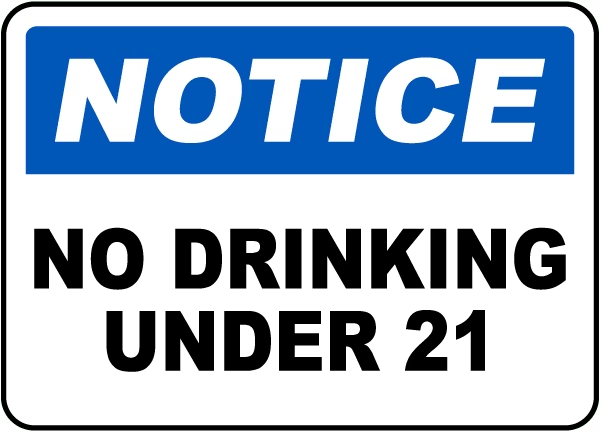
This came after conducting research shows that the human brain continues to develop until the age of 25, and introducing Alcohol before that age can interfere with the decision-making process, and starting to drink earlier can also lead to high chances of being addicted and developing harmful drinking habits.
The policy is set to align with the United States, which has set 21 as the legal drinking age, and also supports school Administration and parents who have been struggling with underage drinking.
In a bold move aimed at curbing alcohol abuse among the youth, the National Authority for the Campaign Against Alcohol and Drug Abuse (NACADA) has announced that the legal age for consuming alcoholic beverages in Kenya will be raised from 18 to 21 years. The decision comes amid growing concern over the alarming rates of underage drinking and its long-term effects on health, education, and social behavior.
According to NACADA, the new policy is based on evidence linking early exposure to alcohol with increased risk of addiction, poor academic performance, and mental health issues. “The brain continues to develop until around the age of 25. Allowing alcohol use at 18 exposes young people to long-term harm,” said NACADA Chairperson Rev. Dr. Stephen Mairori. He emphasized that the change is not meant to punish youth but to protect them from preventable consequences that affect their futures.
The shift in policy is expected to spark both support and controversy. While some parents and educators have welcomed the move, praising it as necessary and timely, others argue that it infringes on personal freedoms. Some also question how effectively the new law will be enforced, given existing challenges in regulating alcohol access in rural and urban areas alike.
Bars, clubs, and alcohol retailers will now be required to adjust their operations and ensure stricter verification of age before serving customers. NACADA has also indicated it will work closely with law enforcement agencies and county governments to carry out awareness campaigns and monitor compliance.
As Kenya grapples with the social and economic toll of alcohol abuse, especially among the youth, this new age limit could mark a significant turning point. Whether it achieves its intended impact will depend not just on legislation, but on community participation, education, and consistent enforcement.